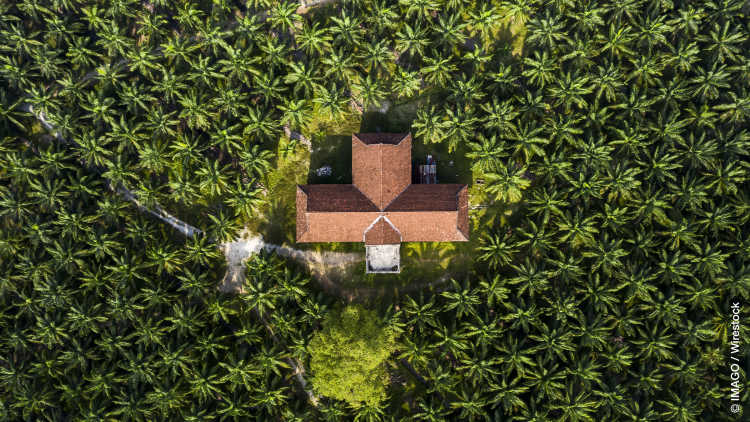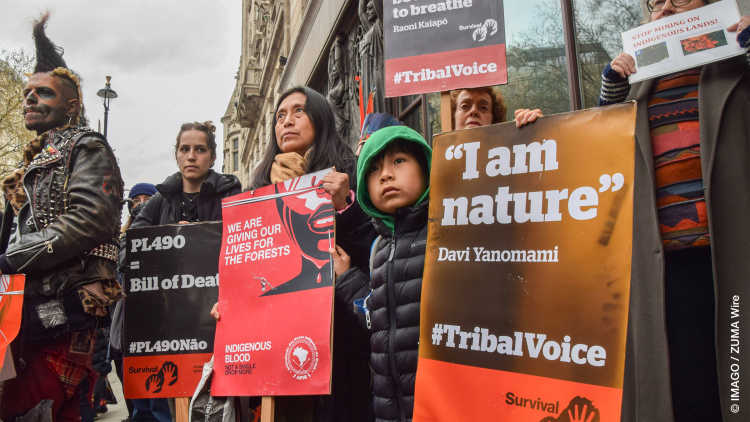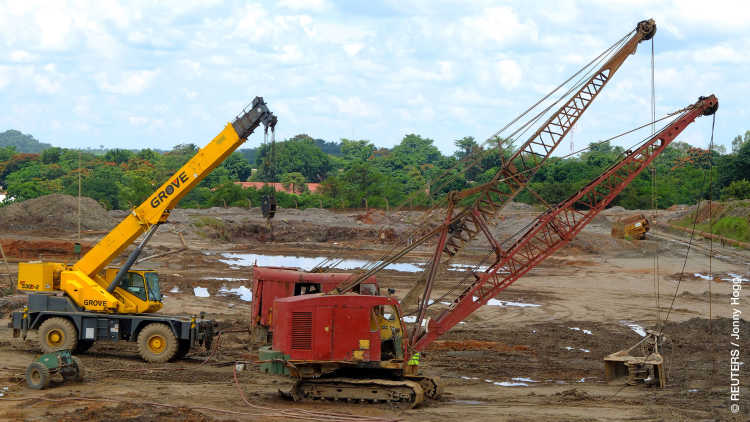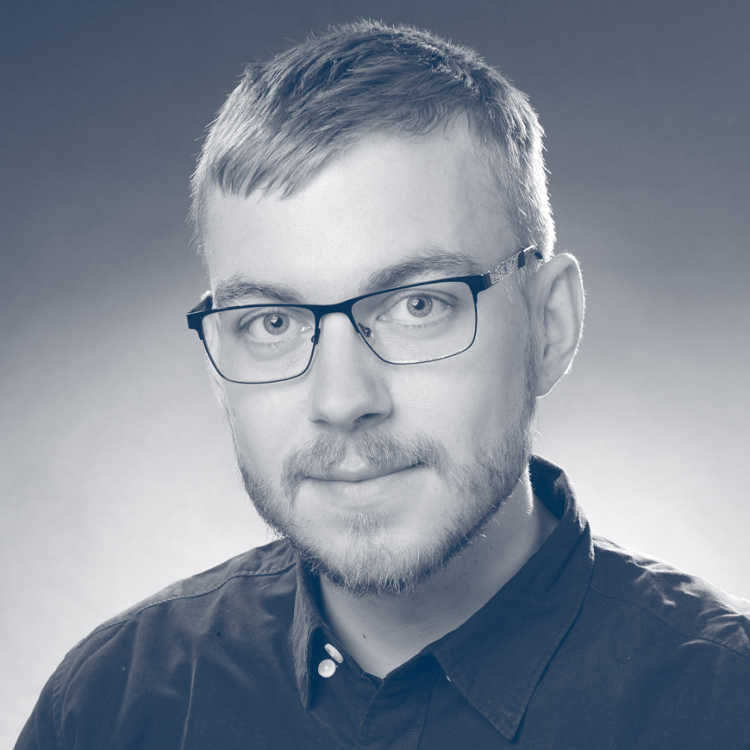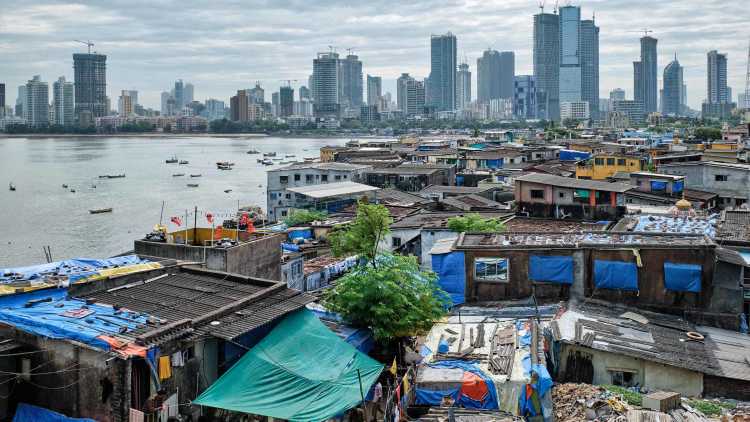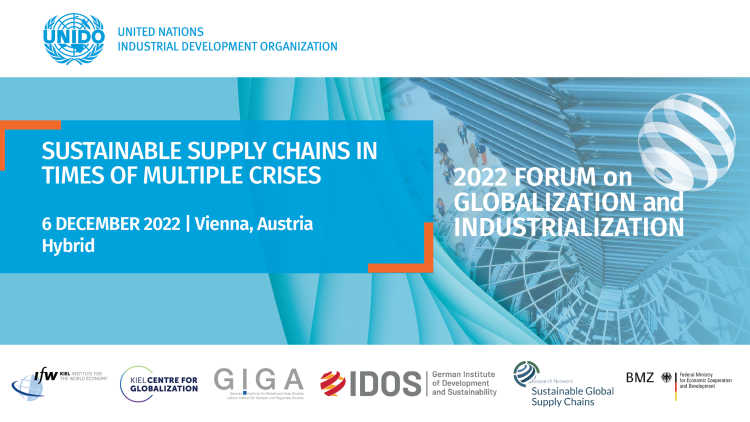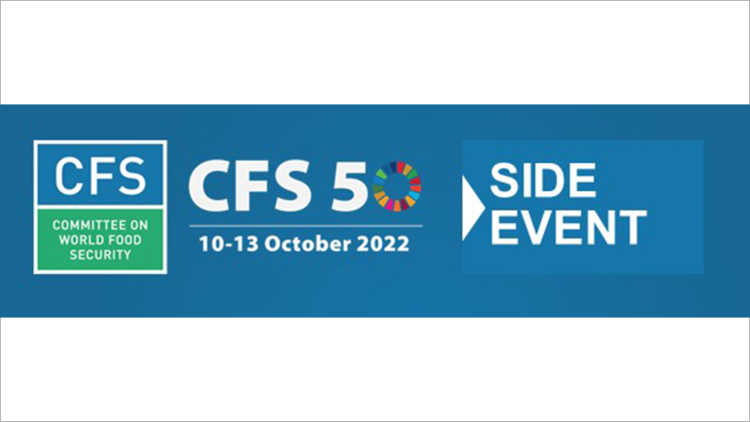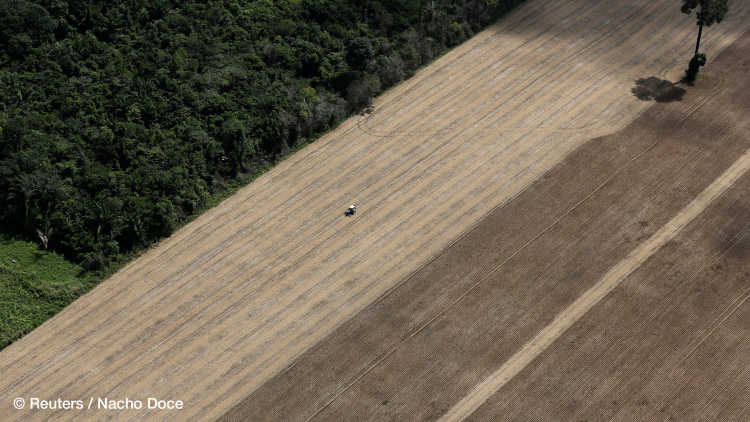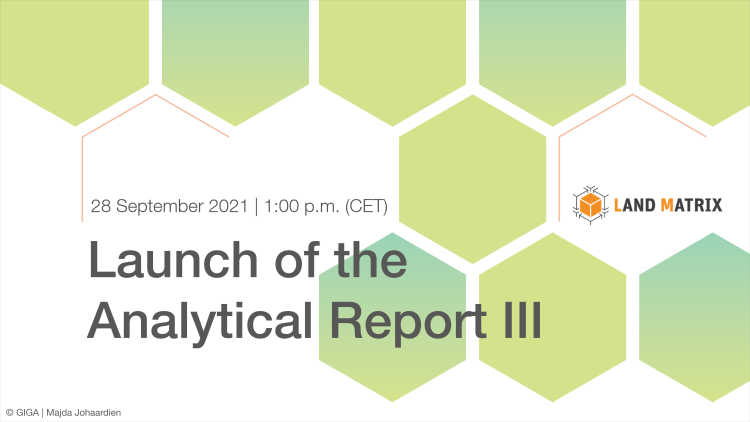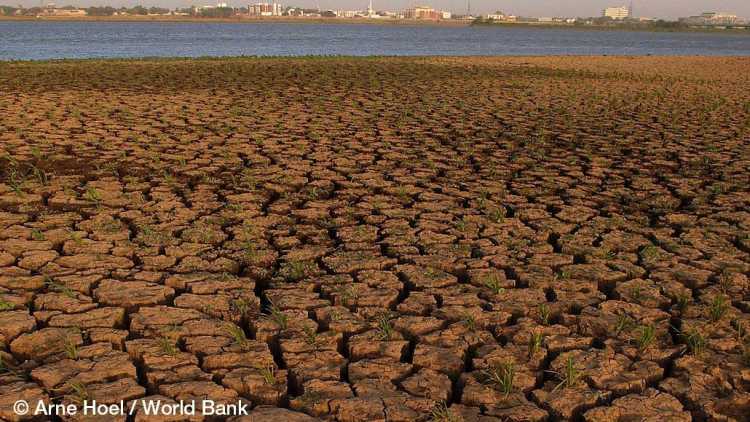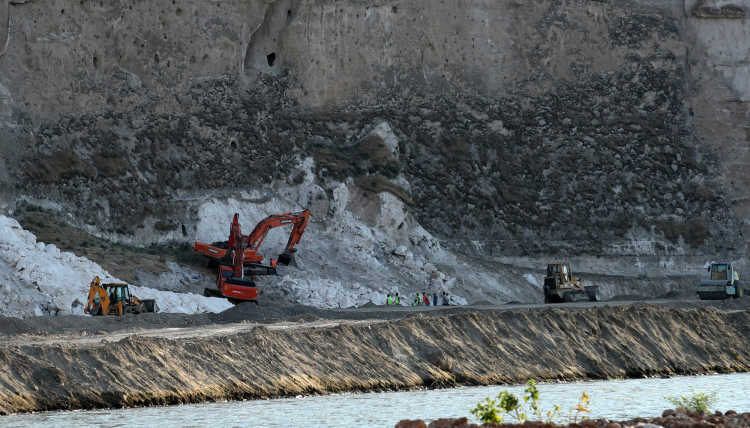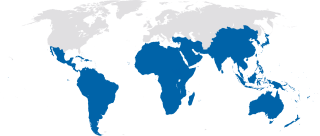Expert:innen
Kontakt
Aktuelle Forschung
Länder und Regionen
-
Informelles Unternehmertum in Entwicklungsländern
-
Strukturwandel und seine Armuts- und Verteilungswirkungen
-
Natürliche Ressourcen, wirtschaftliche Entwicklung und Konflikte
-
Afrika
-
Ökonomische und soziale Auswirkungen von Landnutzungsveränderungen und globalen Landakquisitionen
-
Kleinbäuerliche Landwirtschaft in Entwicklungsländern
-
Entwicklungs- und Agrarökonomie
-
Indonesien
-
Eingliederung von Kleinbauern in moderne Wertschöpfungsketten und dessen Effekte auf u.a. Haushaltseinkommen, Produktivität und Ernährung
-
Sozioökonomische und ökologische Kompromisse von Klein- und Grossproduzenten in Indonesien
Asien
Großflächige Landinvestitionen
Afrika
Lateinamerica
Asien
-
Großangelegte Landinvestitionen
-
Ländliche Entwicklung
-
Sozioökonomische Ungleichheiten und Institutionen
-
Liberia, Subsahara-Afrika
-
Indonesien, Südostasien
Veranstaltungen
Präsidentin (ad interim)
Prof. Dr. Sabine Kurtenbach leitet das GIGA als Präsidentin (ad interim).
Regionalinstitute
Benachrichtigungen
Melden Sie sich hier für E-Mail-Benachrichtigungen zu GIGA-Aktivitäten an
Soziale Medien
Folgen Sie uns




